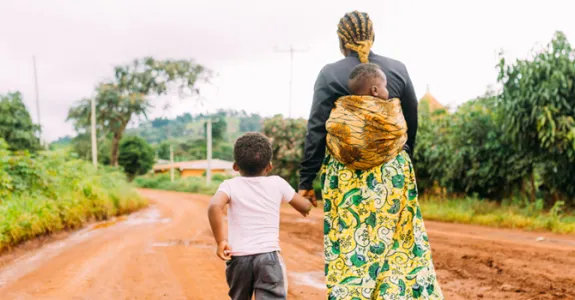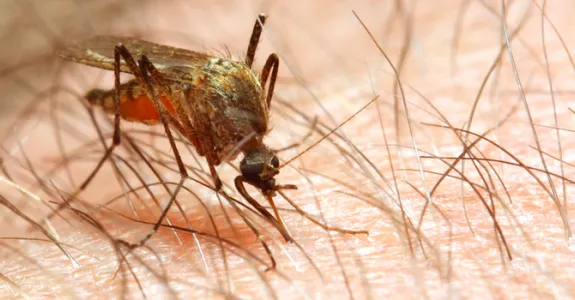
Arthropod-borne viruses are emerging and re-emerging infections that are spreading throughout the world. Dr. Desiree LaBeaud's laboratory investigates the epidemiology of arboviral infections, focusing on the burden of disease and the long-term complications on human health. In particular, Dr. LaBeaud investigates dengue, chikungunya, and Rift Valley fever viruses in Kenya, where outbreaks cause fever, arthritis, retinitis, encephalitis, and hemorrhagic fever. The LaBeaud lab's main research questions focus on the risk factors for arboviral infections, the development of diagnostic tests that can be administered in the field to quickly determine what kind of arboviral infection a person has, and the genetic and immunologic investigation of why different people respond differently to the same infection. Their long-term goals are to contribute to a deeper understanding of arboviral infections and their long-term health consequences and to optimize control strategies to prevent these emerging infections. The laboratory also investigates the effects of antenatal and postnatal parasitic infections on vaccine responses, growth, and development of Kenyan children.
Dr. LaBeaud's lab at Stanford supports the field work that is ongoing in Kenya, but they also have several projects that are based locally. They strive to improve diagnostics of arboviral infections and are using Luminex technology to build a new screening assay. The lab has also created a Luminex based platform to assess vaccine responses against multiple pathogens.



